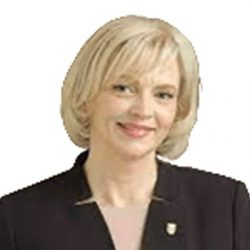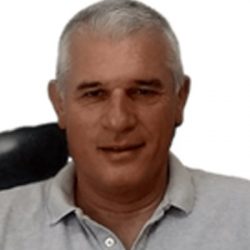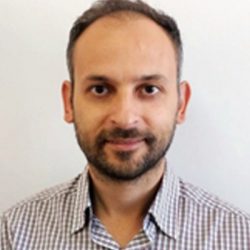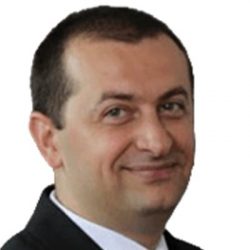Management board
Responsibilities and activities of the Management Board
The D-ChallengHE HUB & Observatory’s operations must be monitored and directed by the Research Hub Management Board to fulfil its objectives.
They are responsible for:
- Strategic Planning: creating and carrying out a strategy that is in line with the objectives and mission of the Research Hub. Setting priorities, identifying objectives, and creating a plan of action.
- Governance and Decision-Making: establishing efficient governance and decision-making procedures to guarantee the Research Hub’s efficient functioning. Rules, processes, and protocols for accountability, risk management, and decision-making must be established if necessary.
- Collaboration and Partnership Development: promoting cooperation and forming alliances with various higher education (HE) institutions to further disseminate best practices and the digitalisation of HE systems at the European level. This involves establishing connections, enabling networking opportunities, and looking into potential collaborative networks.
- Resource Allocation and administration: Supervising the allocation and administration of resources, including financial management, resource mobilization, and budgetary planning. This entails making sure that resources are used efficiently and effectively to promote the projects and activities of the Research Hub.
- Program and Activity Development: identifying activity plans for seminars, conferences, workshops, and lectures; developing research themes; selecting research models; and designing research methodologies appropriate to the needs of the HE institutions, HUB members, and stakeholders.
Management
Board

Erika Župerkienė
Professor at Klaipeda University in Lithuania, Chairperson of the Faculty Council and of the Quality Committee of studies

Angelica Macrì
Consulente HR , Coach ACC ICF, Formatrice Manageriale, Career Counselor
Create a hub
Create a hub of universities and research institutes as a permanent observatory that can work on the issues of digitization of the HE system at the European level, share best practices, and promote collaboration among different institutions of the HE system;
Online training course
Build an online training course to empower professors and teachers, to perform high-quality online/blended teaching actions in HE, in the logic of LLL;
New online environments
Identify and develop new online environments for HE, enhancing the gamification logic to improve transversal and soft skills, i.e. e-leadership and digital maturity;
Safeguard quality standards
Elaborate assessment processes to safeguard quality standards and academic integrity in the context of online learning for a more flexible approach to address the online and blended delivery of study programmes;
Favour social innovation
Favour social innovation in the online and blended European HE Area through the sharing of experimented best practices among partner countries.
Elearning standards
The project starts from the observation that, currently, the academic community perceives that it’s still difficult to define elearning standards able to inform academic governance and stakeholders about the quality of e-learning processes.
D-ChallengHE recognises the need to produce and validate a series of new quality assurance standards that consider the qualitative dimension of educational interaction in online learning environments and the need to communicate best practices at European level.
The definition of these standards relies on the intersection among policy, technology, education, society, and the labour market.







